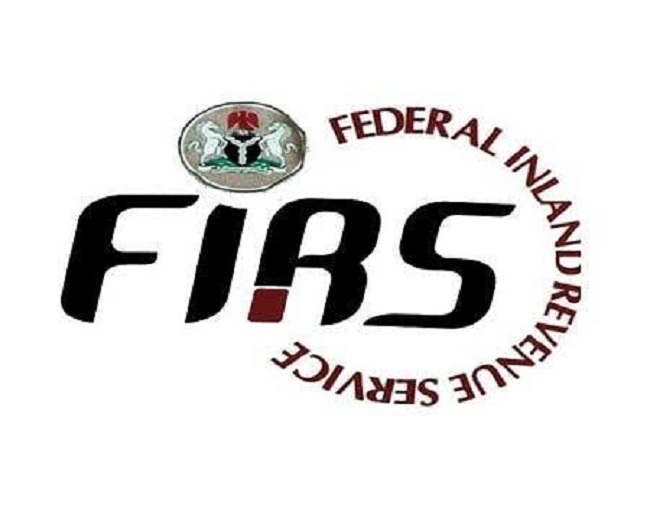The Executive Chairman of the Federal Inland Revenue Service (FIRS), Zach Adedeji, on Wednesday, underscored the need to restructure the organisation in the bid to actualize the N19 trillion revenue target as encapsulated in the Medium Term Expenditure Framework (FSP) and Fiscal Strategy Paper (FSP) for 2024 fiscal year.
Mr. Adedeji disclosed this during the FIRS budget defence held at the instance of the House Committee on Finance, chaired by Hon. James Faleke.
The new FIRS helmsman who observed that the additional N7 trillion compared to the revenue generated in 2023, explained that the bulk of the revenue came from positive projections from oil and gas revenue.
While noting that the Services was able to generate N11.6 trillion revenue above the N10.05 trillion achieved in 2022 (representing a 111 per cent increase) set based on the Medium Term Expenditure Framework (MTEF) in 2023 fiscal year, he expressed excitement that the Service was able to deliver N12.34 trillion revenue at the end of the year under review.
The non-oil component of the tax collected of N9.62 trillion represents 138 per cent of the total non-oil revenue target of N6.98 trillion.
He however maintained that if this ambitious target of N19 trillion is to be met there is a need to restructure the service to be more focused.
Mr. Adedeji said: “So instead of having types of taxes, what we do now is to categorise by the turnover which is customer-focused. Now we have large tax if your turnover is above N5 billion. Between N1 and N5 billion is medium and anything less than N1 billion is a small tax payer.
ALSO READ: Gombe: Police arrest two suspects over food adulteration, criminal conspiracy
“The reason for this is simple. We want to provide a one-stop-shop for taxpayers, where one can do all forms of taxes. This would reduce multiple audits and distractions to the businesses. It is our intention that 80 per cent of core service jobs are done by the Service.
“The tax to GDP is very low compared to our peers and that is why we have to come up with those reforms that Mr. President has approved. One of it is the setting up of that tax reform committee. What we see is that in other climes, you have single revenue-collecting agents. But here in Nigeria, we have more than 62 agencies collecting one way or the other on behalf of the Federal Government.
Chairman of the Finance Committee, Hon. James Faleke, queried if the proposed single window revenue would mean whether Customs, NIMASA, NPA and all the major revenue collectors would be subject to the FIRS or the Service would be collecting revenue on their behalf.
Adedeji said these agencies should rather concentrate on their individual primary mandates and leave the revenue collection to the FIRS.
He said, “This is the way. If you look at the basis of collection like you mentioned, I use NIMASA as an example, the basis of collection for NIMASA is 3 per cent of FOB. That has nothing to do with Marine. FOB, if you have the single window, you know the total number of vessels coming into the country and going out and the fee is just 3 per cent, so what does NIMASA need to do about that?
“What we are saying is that these agencies were set up to do core duties. When you talk about Customs, they are border and trade facilitation. Revenue is not core mandate of Customs. Customs is about border and trade facilitation. So when you have a single window, all that you say Customs collects because the real principle of the single window is that everything coming to the country is in advance notified, so you know the number of containers coming, the volume, what is there and you know the amount and they pay you once.
After the presentation, the Committee approves the sum of N446.34 billion which represents the 4 per cent cost of collection revenue for the year 2024 for FIRS.
NIGERIAN TRIBUNE
